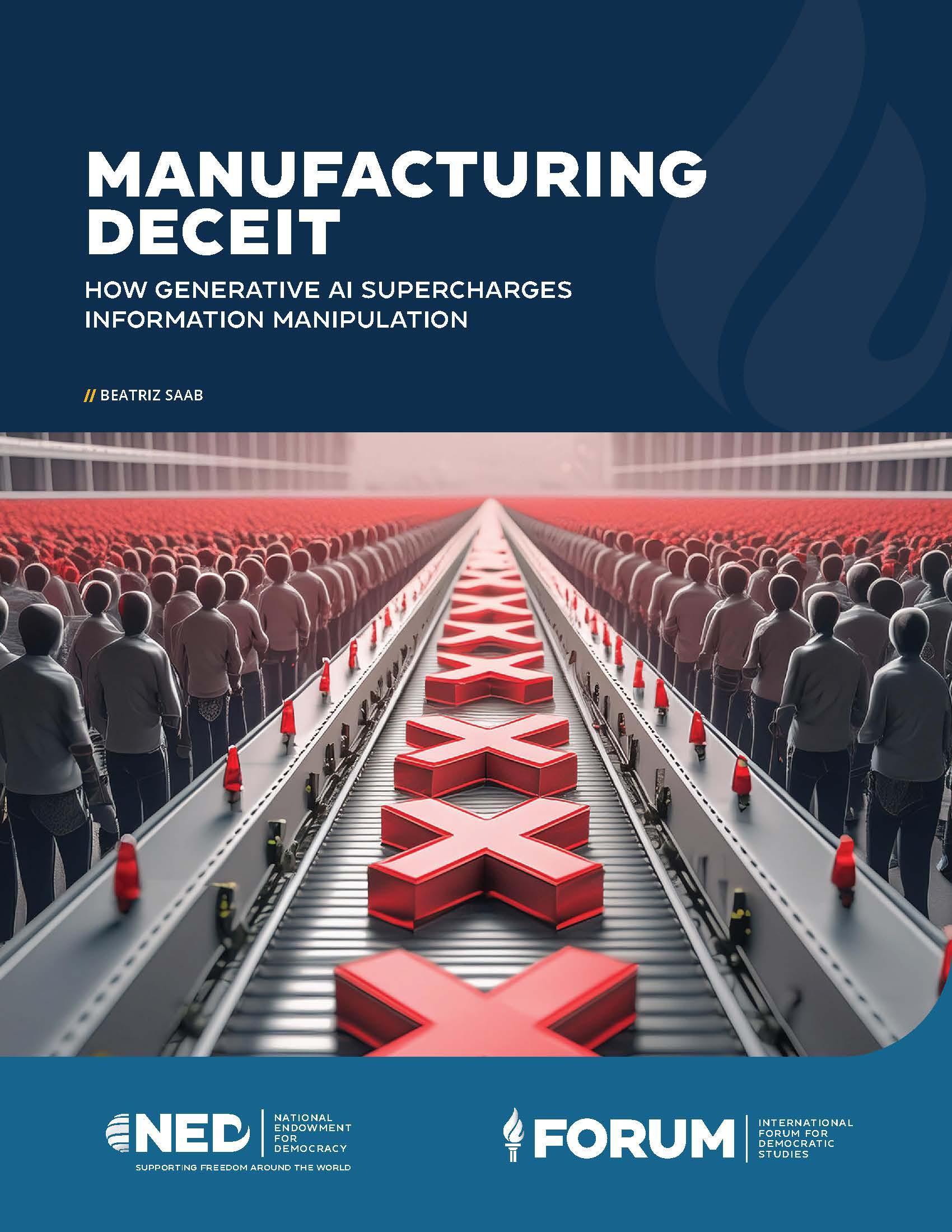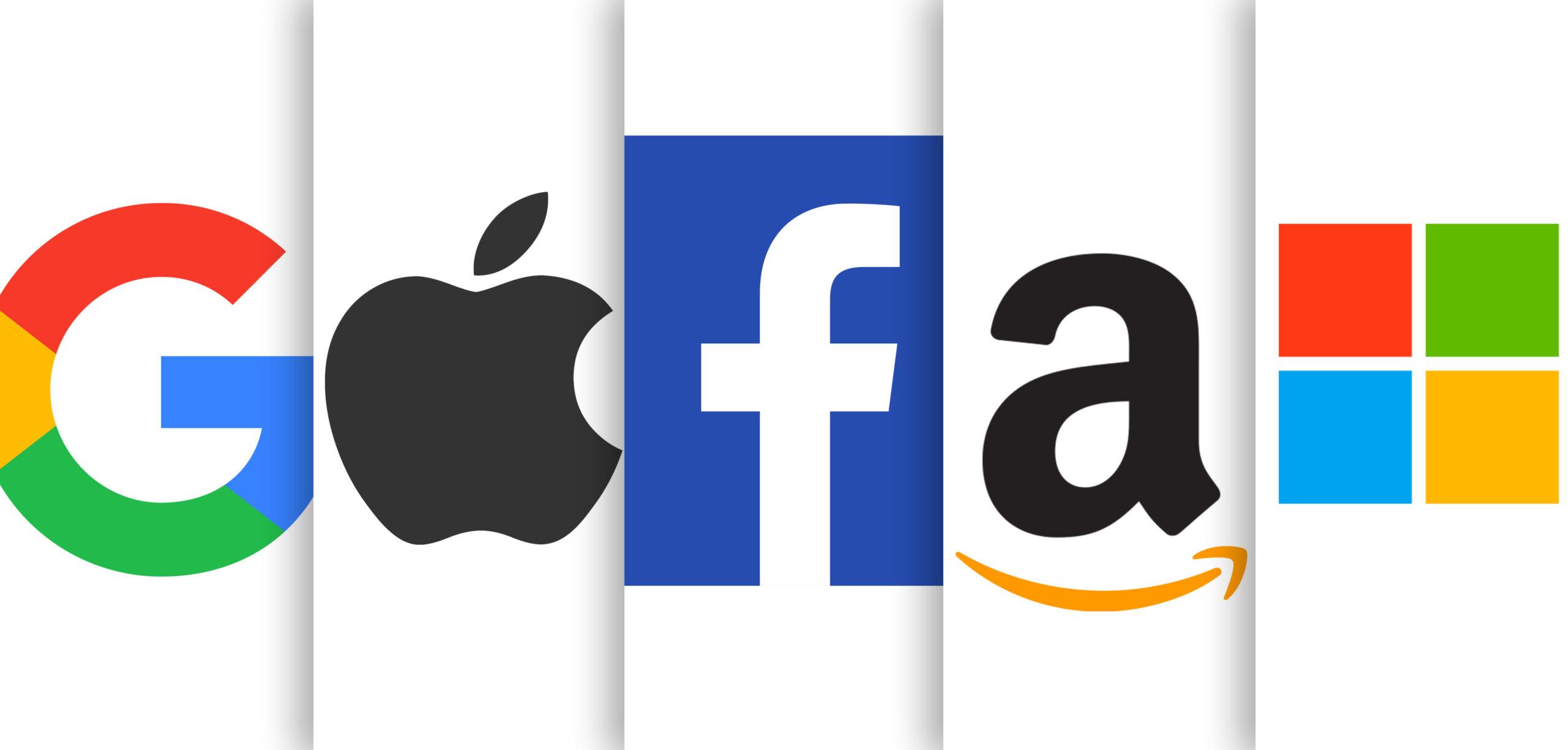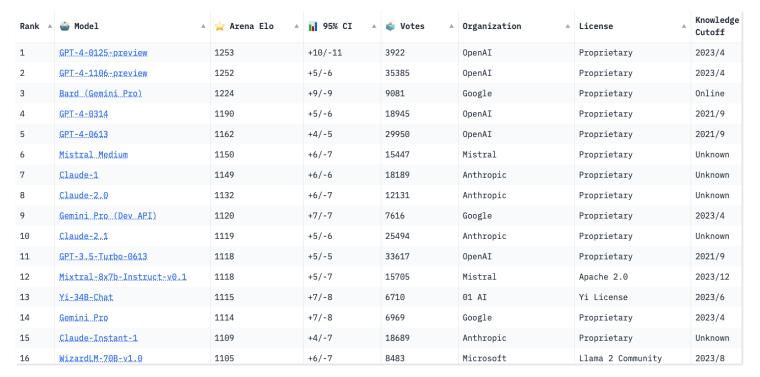



In an increasingly digital age where artificial intelligence shapes everything from our daily conveniences to the fundamental structures of global industries, questions of transparency and fairness within this domain have never been more pressing. Recent allegations have surfaced against tech giants Meta, Amazon, and Google, accusing them of manipulating key AI rankings to favor their own interests and products. As these towering figures in the tech landscape continue to wield considerable influence over the algorithms driving innovation, the implications of these accusations ripple through not only the AI community but also the broader economy and consumer behaviour. This article delves into the heart of the controversy, exploring the claims, the stakes involved, and the potential ramifications for the future of artificial intelligence and its role in our lives.
The recent allegations against leading tech giants like Meta, Amazon, and Google suggest that the manipulation of AI ranking systems could significantly alter the competitive landscape within various industries. By distorting key AI rankings, these companies may not only affect visibility and market access for smaller firms but also stifle innovation. Organizations competing in the same space might find themselves at a disadvantage as resources and attention are diverted toward those with manipulated rankings. This creates an uneven playing field that can lead to a monopolistic environment, ultimately harming consumers and stifling diversity in product offerings.
Moreover, as businesses depend more on AI algorithms for decision-making and strategic planning, the effects of ranking manipulation become even more pronounced. There’s a risk of fostering an ecosystem where quality and merit are sidelined in favor of performance metrics skewed by corporate influences. This could lead to a ripple effect, where companies prioritize short-term gains over long-term advancements. Industry stakeholders must advocate for transparency and fairness in AI systems to ensure that competition remains healthy and innovation continues to flourish.

The recent scrutiny surrounding the actions of leading tech firms has sparked meaningful debate across various sectors.Allegations have emerged,claiming that Meta,Amazon,and Google have engaged in practices that distort critical artificial intelligence rankings. critics argue that these companies may be manipulating their algorithms to favor their own technologies and solutions over those of smaller, emerging competitors, potentially stifling innovation in the industry. The ramifications of such behavior could be far-reaching,affecting not only market competition but also consumer choice.
To understand the implications of these allegations, it’s essential to consider how AI rankings are typically evaluated and the potential motivations behind such distortions. Key factors in AI performance assessments include:
This situation raises crucial questions regarding transparency within the AI ecosystem.To illustrate the potential consequences, the table below provides a simplified view of perceived impacts from skewed AI rankings:
| Potential Impact | Short-term Effects | Long-term Effects |
|---|---|---|
| Market Monopoly | Reduced competition | Stagnation of innovation |
| Consumer Trust | Erosion of confidence | Shift toward alternative platforms |
| Regulatory action | Increased scrutiny | Potential legal consequences |

The controversy surrounding the alleged manipulation of AI rankings by major tech corporations raises significant ethical questions.When industry giants like Meta, Amazon, and Google engage in practices that may distort the very measures that govern AI performance, they are not just bending metrics; they are potentially undermining the integrity of the technology itself. Such actions can create a cascading effect, leading to the prioritization of biased or subpar AI models over more ethical and effective alternatives, ultimately hindering innovation and the fair competition that drives progress in this vital field. This situation begs examination of the broader implications for users who rely on these technologies, as trust erodes in systems meant to reflect objective assessments of competence and capability.
Moreover, the consequences of distorted AI measures ripple through various layers of society. They can exacerbate existing inequalities, cementing power in the hands of a few while marginalizing smaller entities that do not possess the resources to compete. Stakeholders must confront the following ethical considerations:
This complex interplay between corporate practices and ethical standards necessitates a concentrated effort from regulators, consumers, and the tech industry alike to foster a fair landscape that promotes not just innovation but also justice and equality in the rapidly evolving world of artificial intelligence.

To restore trust in AI rankings, it’s crucial for companies to adopt a multi-faceted approach that emphasizes accountability, transparency, and stakeholder engagement. Organizations can start by establishing an independent oversight committee that includes external experts in AI ethics and citizen representatives. This committee would be responsible for auditing algorithms and their outcomes to ensure they reflect fair and unbiased decision-making processes. Additionally, implementing clear guidelines on data usage and emphasizing the importance of consent from data subjects can enhance transparency in operations.
Enhancing transparency also involves actively communicating with users about ranking criteria and underlying algorithms. Companies can utilize open-source tools and community feedback platforms to encourage external input on their AI systems. This can take shape through:
To illustrate the benefits of such practices, the following table summarizes potential outcomes and their positive impacts:
| Strategy | Expected outcome |
|---|---|
| Establish oversight Committees | Increased accountability and trust. |
| Regular Public Reporting | Enhanced understanding and engagement. |
| User Feedback Integration | Systems that adapt to real user needs. |
In a digital landscape increasingly shaped by artificial intelligence, the accusations levied against industry giants Meta, Amazon, and Google reveal the complexities of innovation and competition. As these tech titans reportedly manipulate key AI rankings, questions of transparency, accountability, and ethical standards come to the forefront of discussions. The outcomes of this scrutiny may not only impact the companies involved but could also redefine how AI technologies are evaluated and implemented across numerous sectors. As we navigate this evolving narrative, it becomes essential to explore the implications of such practices—not only for consumers and businesses but for the future of AI itself. With the stakes this high, one thing is clear: the conversation around integrity in technology continues to grow louder, demanding our attention and discernment. as we await further developments,let us remain vigilant spectators in this unfolding saga,seeking to understand both the challenges and opportunities that lie ahead in the quest for a fair and equitable digital future.